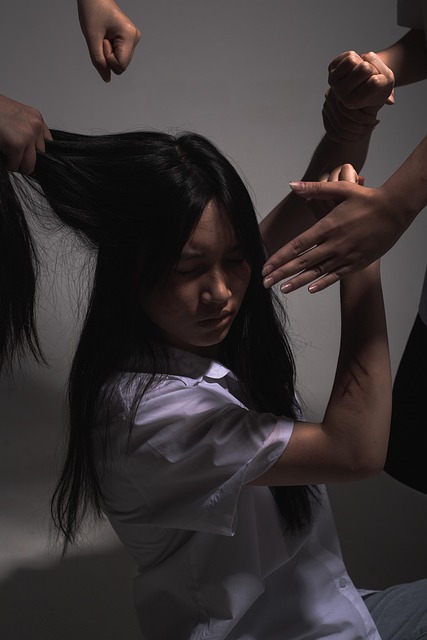Teen Challenge Abuse Survivors face unique challenges stemming from their experiences in tightly controlled religious conversion programs, often leading to PTSD, low self-esteem, and identity questions. Effective counseling for this group must integrate spiritual beliefs while providing a safe space to process trauma through evidence-based techniques like CBT and EMDR. Personalized therapeutic approaches, including individual, group, and holistic methods, along with non-judgmental, empathetic counselors, empower survivors to heal, regain self-worth, and rebuild their lives.
“Teen Challenge abuse survivors represent a unique and often overlooked population, facing complex challenges stemming from their past experiences. This article explores the critical role of counseling and care in facilitating their healing and recovery. We delve into understanding the specific needs of these survivors, highlighting the significance of specialized support. Through an examination of effective strategies, we aim to equip professionals with tools to offer meaningful assistance to Teen Challenge abuse victims, fostering their journey towards resilience and well-being.”
- Understanding Teen Challenge Abuse Survivors: A Unique Population
- The Role of Counseling in Healing and Recovery
- Strategies for Effective Support and Care
Understanding Teen Challenge Abuse Survivors: A Unique Population

Teen Challenge Abuse Survivors represent a unique and often overlooked population within the realm of abuse victims. This specific group faces distinct challenges due to the nature of their experiences, which frequently involve intense physical, emotional, and spiritual trauma. Understanding the complexities of their lives is crucial for providing effective counseling and care.
Survivors of Teen Challenge programs, designed to promote religious conversion and discipline, may struggle with post-traumatic stress, low self-esteem, and a sense of loss due to strict control and potential manipulation within these environments. They often grapple with questions of identity, trust, and healthy relationships, requiring specialized support. Counseling for this population must address their unique spiritual beliefs while also offering a safe space to process and heal from past traumas.
The Role of Counseling in Healing and Recovery

Counseling plays a pivotal role in the healing and recovery process for Teen Challenge abuse victims. It provides a safe, non-judgmental space where survivors can openly discuss their experiences, emotions, and memories without fear of recrimination or stigma. Professional counselors offer tailored support, helping each individual navigate complex feelings like trauma, anger, guilt, or shame. Through evidence-based therapeutic techniques, such as cognitive-behavioral therapy (CBT) or eye movement desensitization and reprocessing (EMDR), counselors assist teens in processing their past traumas, challenging negative thought patterns, and developing healthy coping mechanisms.
In addition to addressing emotional needs, counseling empowers survivors with valuable skills for personal growth and resilience. It encourages self-awareness, fosters better communication, and teaches effective strategies for stress management and conflict resolution. By integrating these tools into daily life, Teen Challenge abuse victims can begin to rebuild their sense of safety, trust, and self-worth—laying the foundation for a brighter and more promising future.
Strategies for Effective Support and Care

When providing counseling and care for Teen Challenge abuse survivors, it’s crucial to implement strategies that address their unique needs. These may include individual therapy sessions tailored to help them process trauma, develop coping mechanisms, and foster self-worth. Group therapy can also be beneficial, offering a sense of community and peer support while encouraging open dialogue about shared experiences, which is particularly impactful for Teen Challenge abuse victims who often struggle with feelings of isolation.
Additionally, holistic approaches like art therapy, music therapy, or animal-assisted therapy can help survivors express themselves in safe, non-verbal ways, enhancing their emotional well-being. Providing a safe, non-judgmental environment where survivors feel understood and empowered is paramount. This involves training counselors to be empathetic, patient, and culturally sensitive, ensuring that they can effectively support Teen Challenge abuse victims on their journey towards healing and recovery.
Teen Challenge abuse survivors, often overlooked and facing unique challenges, require specialized care and counseling. Understanding their specific needs is crucial for effective support. By implementing evidence-based strategies outlined in this article, we can ensure that these victims receive the necessary healing and resources to rebuild their lives. Recognizing and addressing Teen Challenge Abuse Victims’ trauma is a vital step towards fostering resilience and empowerment within this vulnerable population.
